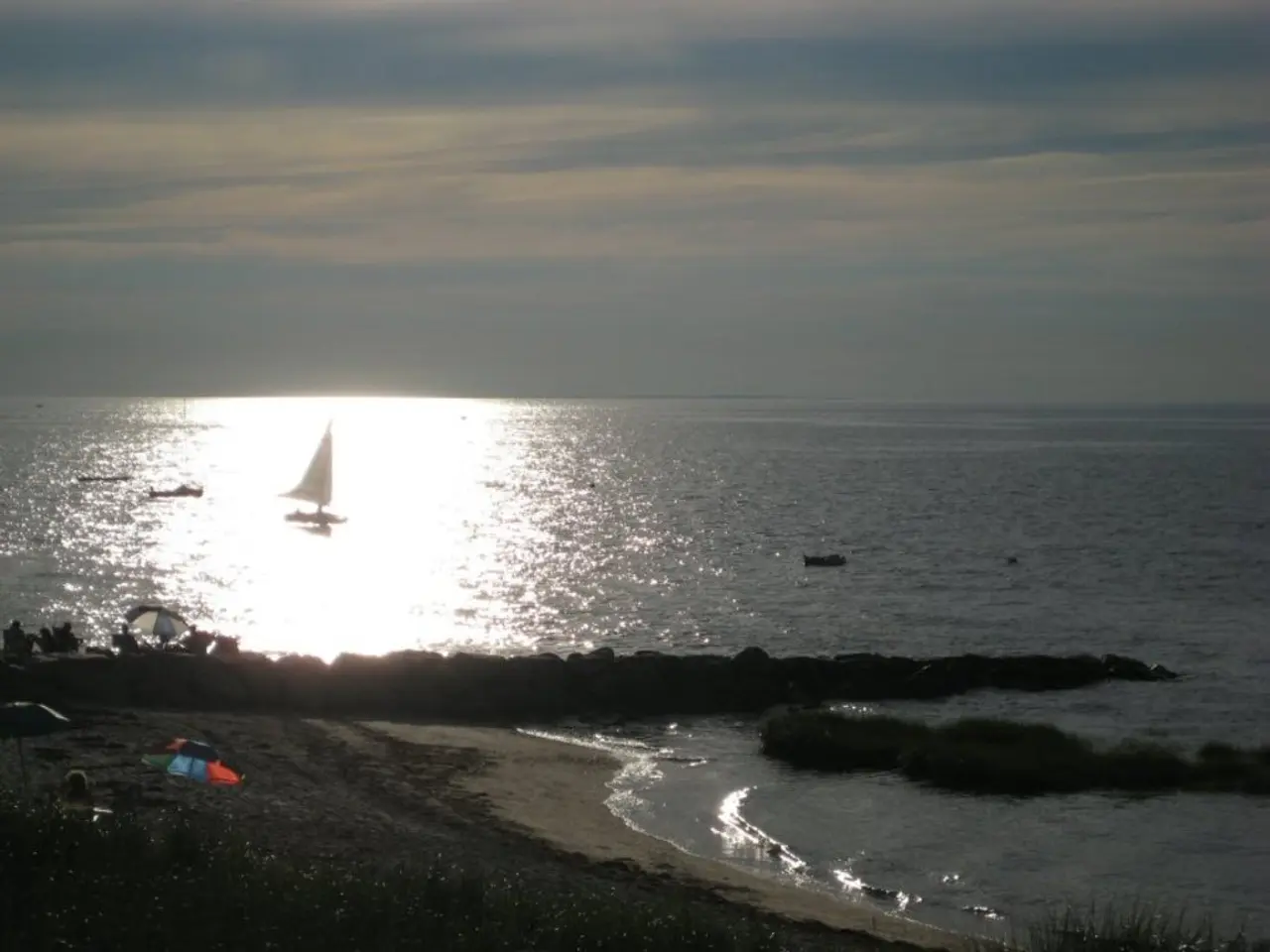Living by the coast could potentially extend your lifespan, according to a recent study
==============================================================================
Researchers at Ohio State University have uncovered a fascinating correlation between living near coastal waters and longer life expectancy, particularly in urban areas. The comprehensive study, which analysed data from over 66,000 census tracts across the United States, invites planners and policymakers to consider the role of "blue spaces" in healthier communities.
The findings do not prove causation, but they open a valuable conversation about how built and natural environments shape health. The study, published in 2025, found that coastal dwellers have a life expectancy of approximately 80 years, which is about one year longer than the national average lifespan of 79 years.
In contrast, living near inland waters such as lakes or rivers in urban areas is linked to shorter life expectancy. This may be due to environmental challenges like pollution and flood risks. Interestingly, rural areas near inland waters may experience some but limited positive effects on lifespan compared to coastal living.
The study suggests that key factors shaping these differences include environmental quality (air, temperature), socioeconomic status, and availability of recreational spaces. Coastal residents benefit from cleaner air, milder climate, better opportunities for physical activity, and generally higher socioeconomic status, which together contribute to longer life spans.
Urban areas near inland waters, on the other hand, face issues like pollution, poverty, lack of safe activity spaces, and flood risks, leading to lower life expectancy. Rural residents near inland water have a life expectancy slightly better than urban counterparts, with a modest lifespan benefit.
The researchers found a significant and clear difference between those who live near coastal waters and those who live near inland waters. This intriguing discovery could have far-reaching implications for urban planning and public health policy, as policymakers seek to create healthier, more sustainable communities for all.
Sources:
- Ohio State University Press Release
- Journal of Environmental Psychology
- American Journal of Preventive Medicine
- Environmental Health Perspectives
- The study, published in 2025, reveals a higher life expectancy of about 80 years for those living near coastal waters, suggesting a potential role of "blue spaces" in the realm of environmental-science for health-and-wellness.
- As the researchers delve deeper into the factors influencing life expectancy, they observe that urban areas near coastal waters offer benefits such as cleaner air, milder climate, and access to recreational spaces, which aligns with the interdisciplinary field of science, particularly environmental-science, and its implications for health-and-wellness.




